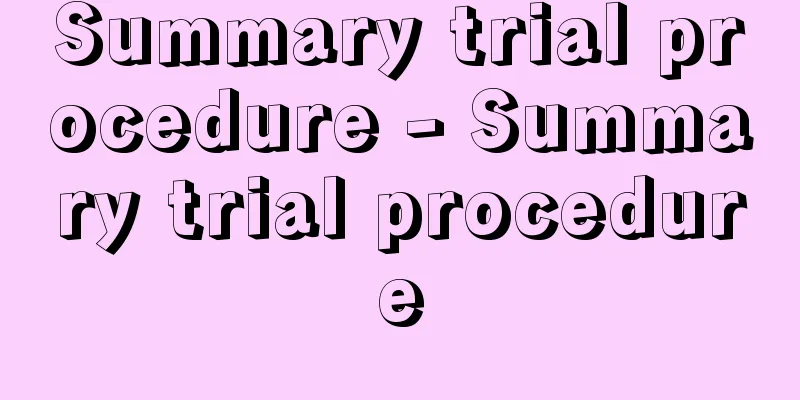End of the fasting period - Shojin Otoshi
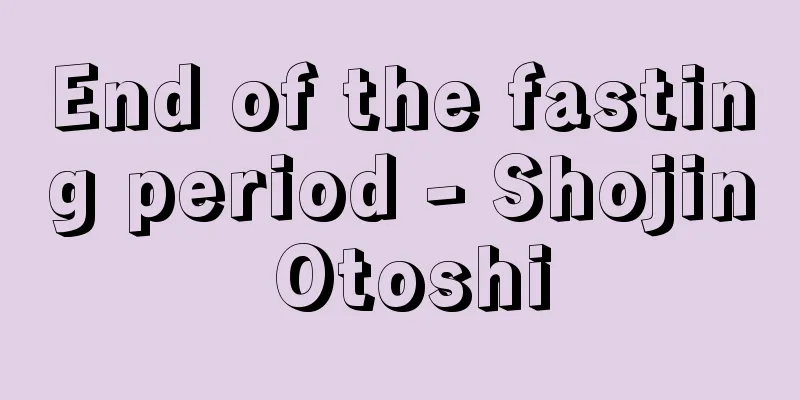
|
Originally, it meant refraining from eating meat and fish until the 35th or 49th day after the end of mourning to avoid killing animals, and then returning to normal eating habits after the end of mourning. Recently, it has moved away from its original meaning and is generally held at the time of bone collection after the funeral as a way of expressing gratitude to those who helped with the funeral of the deceased. = Imibarai (purification of mourning) Source: Funeral Best Net Funeral Dictionary About Information |
|
本来は、忌明けの35日または49日までは殺生をしないように肉や魚などを食することを慎み、忌明けが過ぎて日常の食生活に戻ることを指しました。最近では、本来の意味を離れ、故人の葬儀でお世話になった方々へのお礼の席として、葬儀後の骨上げの時に行うのが一般的です。=忌払い(いみばらい)
出典 葬儀ベストネット葬儀辞典について 情報 |
>>: Collection of Mothers of Jojin Ajari - Collection of Mothers of Jojin Ajari
Recommend
Both sides have medium sized circular tombs
A type of tomb. It refers to a tomb in which a squ...
Castilian Fields
...His ideas about time became even clearer after...
Kitasaga
...It is found in both the Okura and Izumi school...
Gigartina exasperata (English spelling) Gigartinaexasperata
…[Mitsuo Chihara]. . . *Some of the terminology t...
Torso (English spelling) torso Italian
A sculptural term referring to a torso figure. Fr...
strategic business unit
...In this process, the R&D organization must...
Marginal Revolution
At roughly the same time in the 1870s, three econ...
Takahiro Hojo
?-? A military commander from the Sengoku to Oda-...
Air-membrane structure - pneumatic structure
This refers to structures that are formed so that...
Uesugi family, the guardian of Echigo
…The Uesugi clan split into four families, the Ya...
Oronuku
…Originally, the act of pulling out seedlings of ...
Bambhī (English spelling)
…Brahmi script is believed to have been created b...
Masaharu Kato
A legal scholar. His given name was Shoji. Born i...
Junpuu bizoku - Junpuu bizoku
Jun is related to jun and pure, and means honest t...
Concave polygon - Concave polygon
A polygon that contains at least one interior angl...
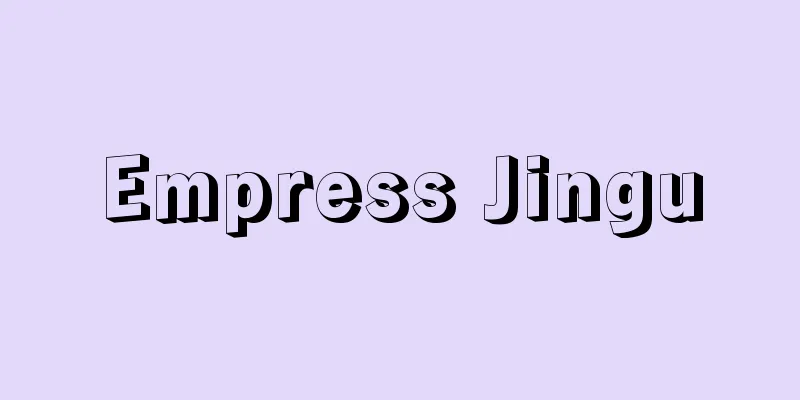

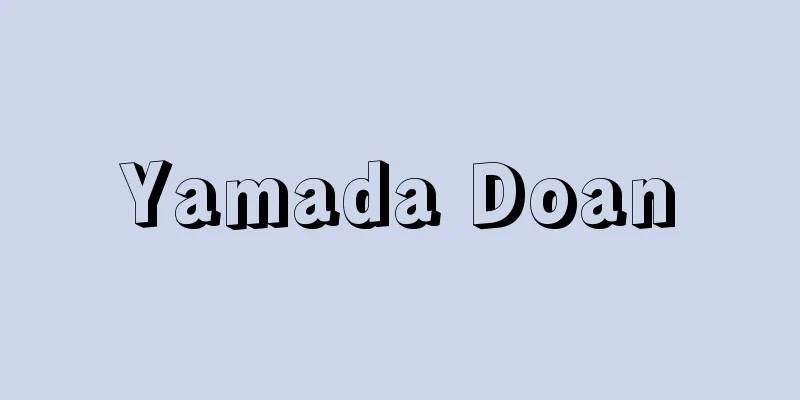
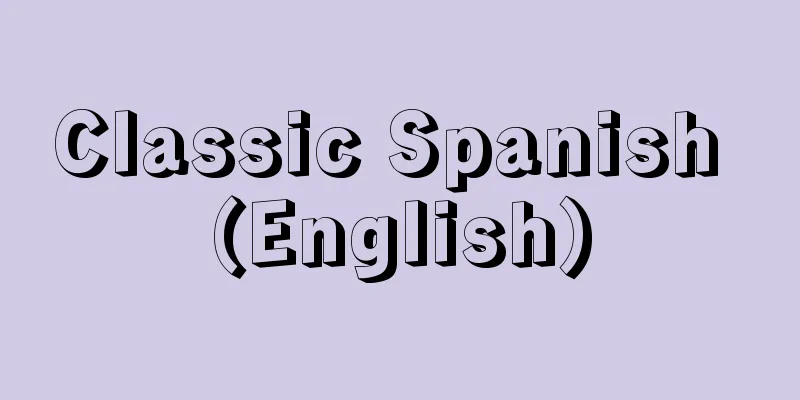


![Pug [Breed] - Pug](/upload/images/67cc8154336c7.webp)
